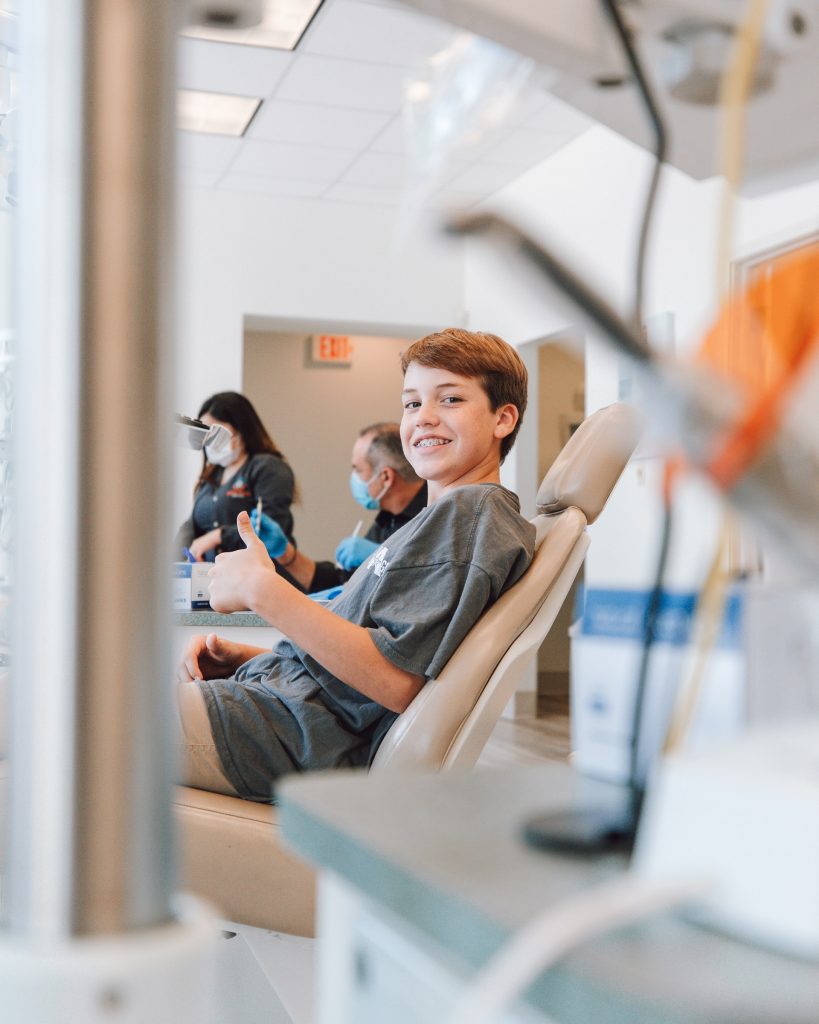News
Wisdom teeth
You have been referred for assessment for removal of an impacted wisdom tooth/teeth.
Wisdom teeth usually appear in your late teens or early twenties. They are the last molar teeth. Some people never develop wisdom teeth. Others can have up to four teeth, one in each corner of the mouth.
Sometimes wisdom teeth do not come through the gums properly. This may occur if there is not enough room for them or they are pointing in the wrong direction. This is called impaction. Wisdom teeth can be partially or completely impacted. Not all wisdom teeth require removal.
The main reasons for removal of wisdom teeth are:
- Recurrent infection with pain and swelling.
- Decay in the wisdom tooth or neighbouring teeth.
- Gum disease around the wisdom tooth or neighbouring teeth.
- If the wisdom tooth has a cyst associated with it.
Following wisdom tooth removal you may experience pain, swelling of the face, stiffness of the jaw and some bruising of your face. Any pain or swelling is usually at its worse 2- 3 days following your operation and then gradually improves. You may also have dissolvable stitches. These usually disappear within 2 weeks. Your surgeon will advise you on pain relief and may prescribe antibiotics.
One of the specific risks with the removal of lower wisdom teeth concerns damage to nerves in your jaw. These nerves supply the feeling, but not the movement, to your lower lip, chin and tongue on the side of the wisdom tooth. Sometimes the lower wisdom tooth lies close to the nerve and removal of the tooth may bruise or damage these nerves. If there is nerve damage you may experience numbness or a tingling sensation in the lip, chin or tongue on the affected side and rarely altered taste. This change in sensation is usually temporary (2%) but on rare occasions it can be permanent. (0.2% 1 in 500) Following an examination your oral surgeon will discuss this risk with you and advise you of your risk. These risks may be higher if your tooth is in a more difficult position Temporary numbness/tingling 20% – Permanent numbness/tingling 2%(2 in 100). Your surgeon will discuss this with you and may organise a 3-d cone beam scan to assess the risk further or suggest an alternative, if possible to removing the tooth.

